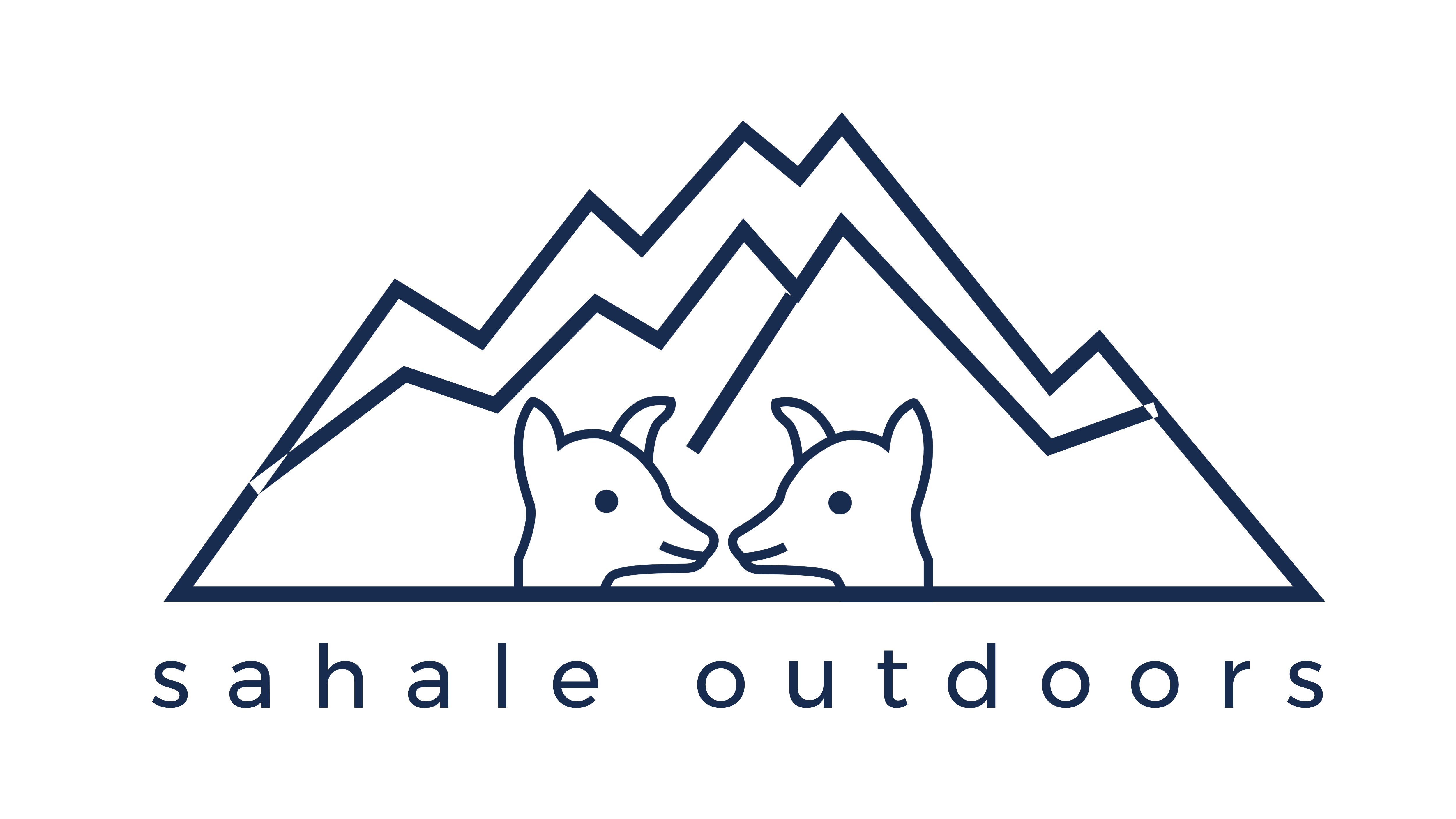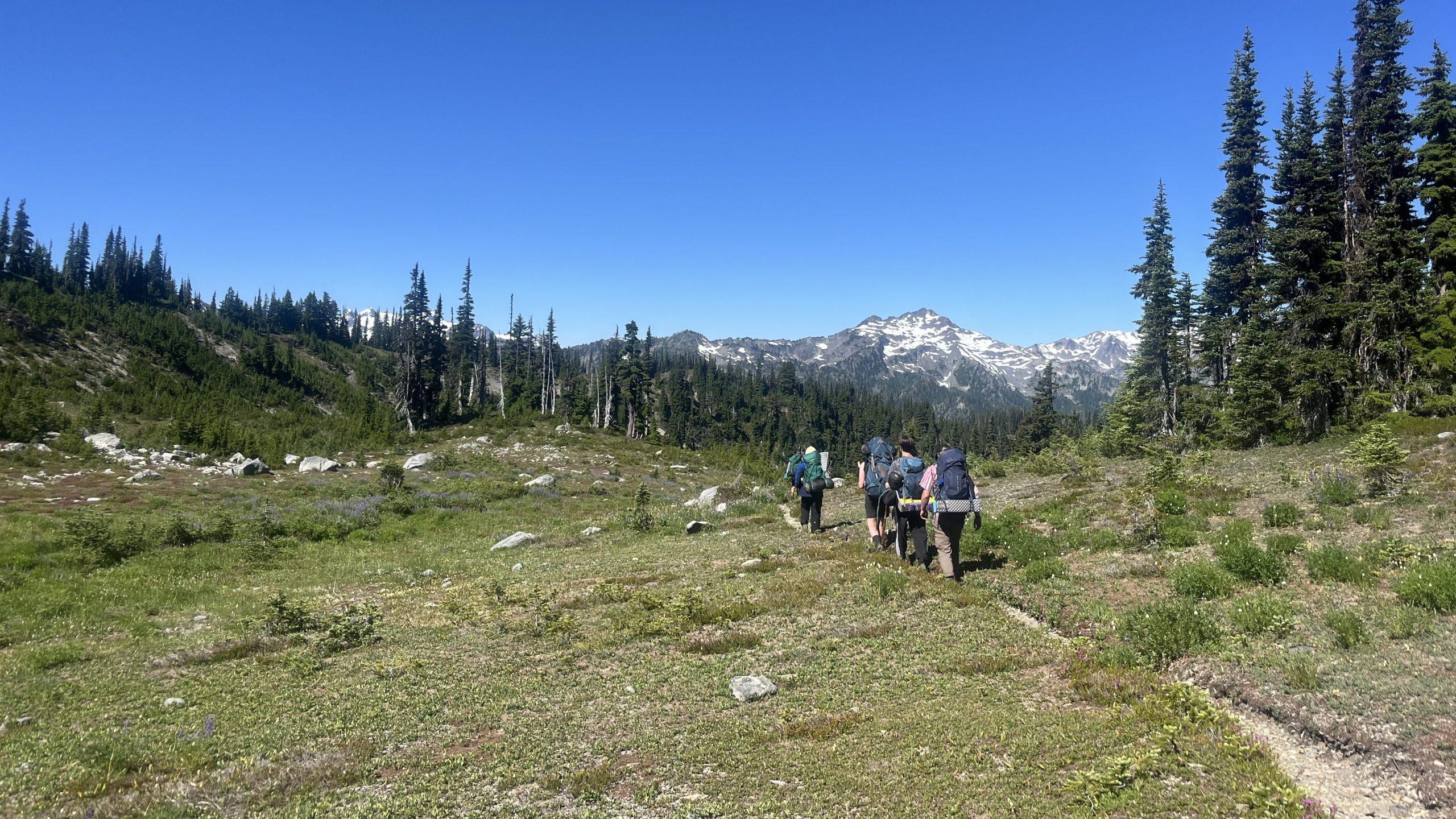
Wilderness Leadership Course
Wilderness Leadership Course
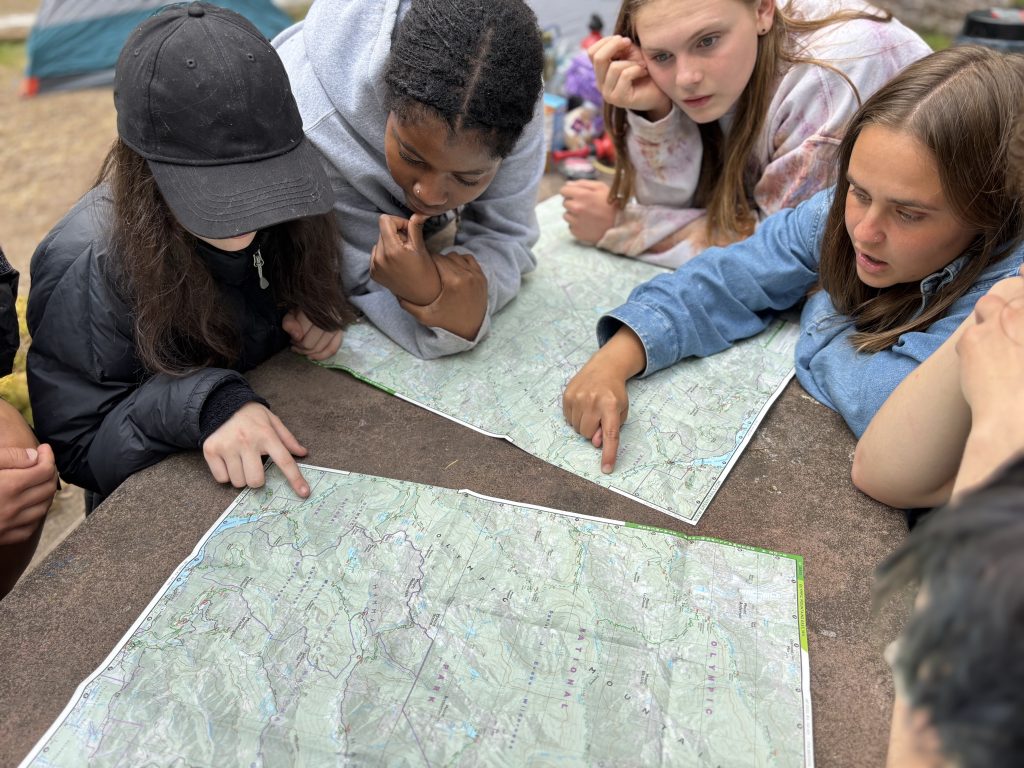
About the course
This two-week backpacking trip teaches high school students outdoor leadership, interpersonal leadership, and encourages them to invest in their own intrapersonal growth.
Over thirteen days, participants will practice leadership, build a strong team and refine their outdoor skills. Additionally, they will learn about the area they are backpacking into including: natural history, cultural history, geology, plant identification, and biological habitats.
The 2026 Wilderness Leadership course will be located in Olympic National Park, covering 50 miles of the Washington coastline.
We provide all needed gear, including boots and clothing if notified 4 weeks ahead of time. Food from lunch on the first day to lunch on the last day is provided. Transportation is provided from the meet location in Federal Way and back.
Gear Provided
- Tent
- Backcountry sleeping pad
- Multi-day backpack
- Sleeping bag
- All meals from lunch the first day through lunch on the last day
- All entrance fees, permits and passes
- First-aid kit and satellite phone
- Group kitchen and food service gear
- Water bottles
Learning Goals
- Wilderness First Aid
- Leave No Trace
- Team building
- Backpacking
- Shelter
- Fire building
- Stoves
- Plant and wildlife ID
- Geology
- Map reading
- Route planning
- Route leading
- Natural History
- Cultural History
- Env. science
- Goal Setting
Documents
- Packing Checklist
- How to Not Overpack A guide to packing for your backpacking trip, with what to bring, what not to bring, and how to be prepared for gear malfunctions while still packing light.
- Pooping in the Woods What to expect.
- Periods in the Backcountry What to bring and how to plan when backpacking on your period.
- Backpacking and Binding Strategies for backpacking if you will be wearing a binder.
What to Expect
Day 1: Orientation and Camp
All our trips start with an orientation process during which our guides check participant’s gear, go over the schedule and itinerary for the trip, and help participants pack their backpacks. We complete this orientation regardless of experience level. During the orientation, all participants will have the option to borrow Sahale Outdoors gear, even if they brought their own backpack, sleeping bag, mess kit, etc. The orientation process usually takes 1-2 hours.
The first night will be spent at a front country campground near the trailhead to introduce course content. There will be access to a bathroom with running water, and the vehicle.
Day 2-5: Backpacking, Leg One
The first four days on trail are focused on learning and developing skills in map reading, route planning, Leave No Trace ethics, first aid, cooking, nutrition, hydration, risk management and decision making. The group will travel 16 miles, from the mouth of the Hoh River north to Third Beach trailhead.
Day 6-12: Backpacking, Leg Two
From Third Beach trailhead, the group will be met by a Sahale Outdoors vehicle so they can resupply on food and be shuttled around the mouth of the Quillayute River and the town of La Push. On days six through twelve, participants will continue north, rotating through leading their group after demonstrating proficiency and competence in skills learned during the first few days. The second leg of the trip covers 32 miles, and ends at Shi Shi Beach on the Makah Reservation.
Day 13: Returning home
On the last night of the trip, the group will camp at a second front-country campground, where they will have access to showers. On the way back from the Makah Reservation, they will visit the Makah Cultural and Research Center to learn about one of the primary Indigenous Nations of the area from the tribe’s own museum. The trip ends at 5 PM in Federal Way, with a final dinner including all the participants’ families.
Highlights
Leadership – Wildlife – History
Difficulty Level
Intermediate: Moderate elevation gain and loss, 12 days, up to 60 miles on a sometimes uneven and steep trail.
Length:
Two weeks (13 days)
2026 Schedule:
June 20-July 2
Click here to apply
Price: $1800 per person
Includes gear rental, food, transportation, and all entrance fees, permits, and passes.
25% of the total trip cost is due at sign-up, with the remainder due one month before the trip date. You are welcome to pay in installments, contact trips@sahaleoutdoors.org to set up a payment plan.
Our mission is to make outdoor recreation accessible to all. If you cannot afford the total trip cost, request sliding scale pricing here:
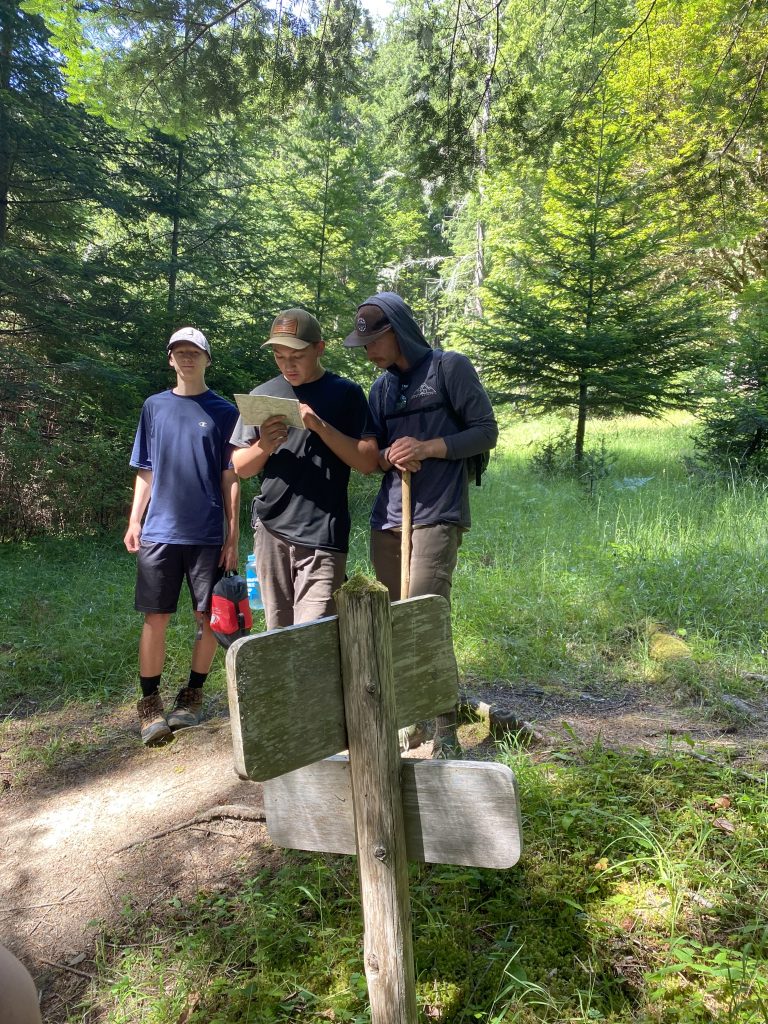
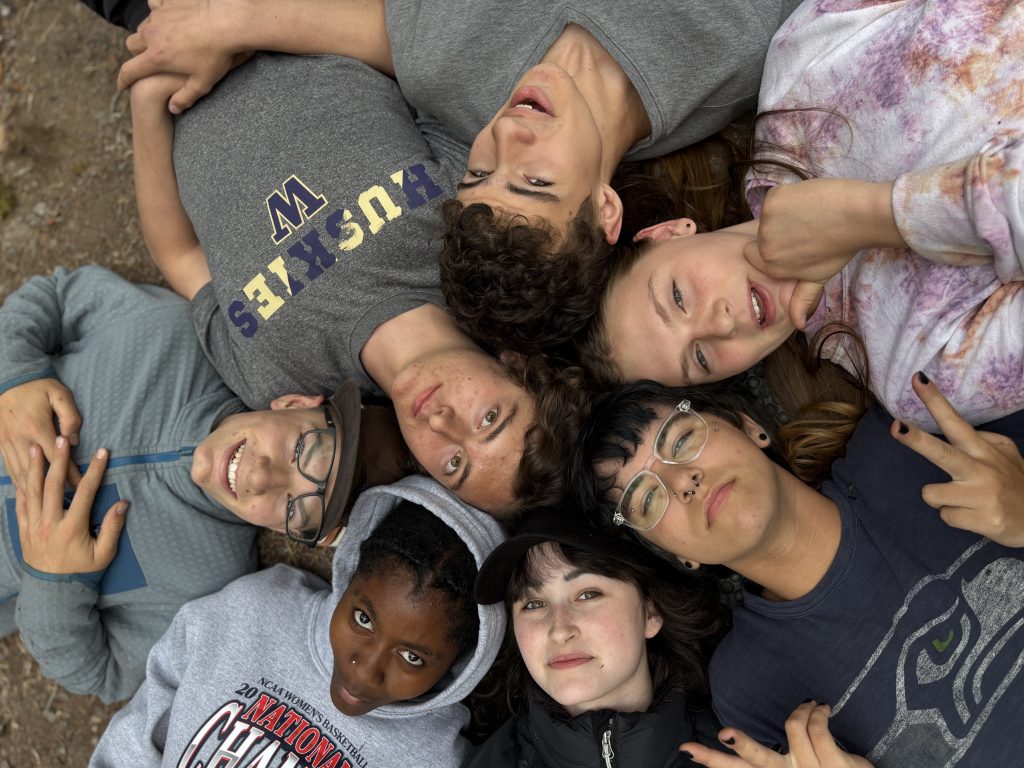
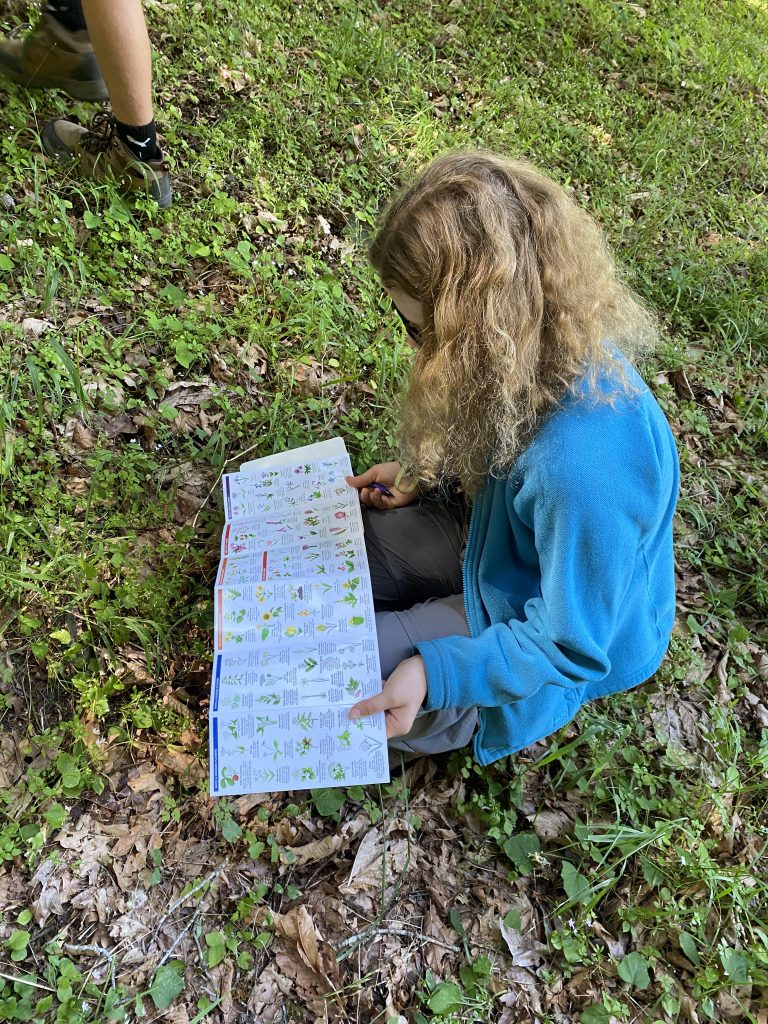
Indigenous Land
Quileute
“Kwati was the changer and he liked to change things to make things better in this world for the people and as well for the animals that lived in this world also. When he got here, there were no people here but he saw two big timber wolves and the timber wolves are known to travel in pairs and they mate for life. He transformed these two wolves into the Quileute people. So this is the history of my people.”
Chris E. Morganroth, III, Quileute Tribal Elder
The Quileute tribe has occupied the Pacific Coast, through the rainforest, rivers, and up to Mt. Olympus since time immemorial. They are not known to be related to any other people group, and are unrelated to the neighboring tribes. Oriented to the ocean, they fished and hunted sea mammals, including whales, and were reputedly recognized as the best sealers on the coast. Their red cedar canoes were engineering masterworks ranging in size from two-person sport models to 58-foot ocean going freight canoes capable of hauling three tons.
With native languages around the world disappearing at an alarming rate, the preservation of the unique Quileute language, one of the few languages not known to be related to any other tongue, has been an important mission for the Quileute Nation.
The Quileute people ask visitors recreating on their land to obey tribal rules and regulations, respect the privacy of residential communities, ask permission before taking photos of people, events, or activities, avoid picking up or removing artifacts or natural objects, and to not enter burial grounds and religious ceremonies, which are sacred.
~ This information was found on QuileuteNation.org.
